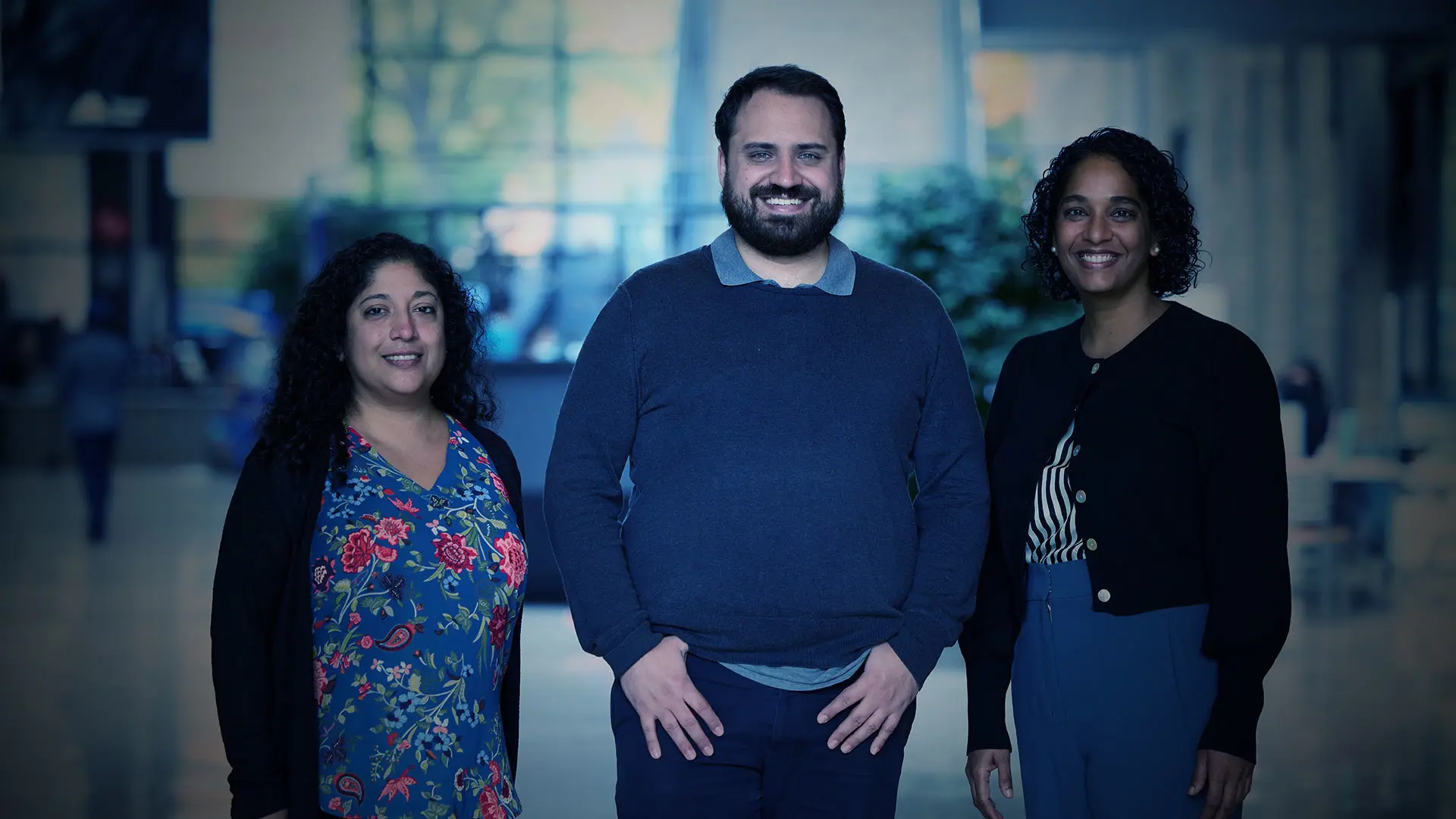Mount Sinai pulmonologist Mirna Mohanraj, MD, learned the fundamentals for delivering exemplary patient care during her Pulmonary and Critical Care fellowship at the Icahn School of Medicine at Mount Sinai. But her training did not encompass how to impart those fundamentals to the next generation.
“Most medical training institutions do not provide formal curricula in the method and science of educating adult learners,” says Dr. Mohanraj, Program Director for the Pulmonary and Critical Care Medicine Fellowship at Mount Sinai Morningside, and Associate Professor of Medicine (Pulmonary, Critical Care and Sleep Medicine), and Medical Education, at Icahn Mount Sinai.
“Historically, it has been assumed that you learn how to teach on the job. I always had an interest in being a clinician-educator and I participated in many workshops and conferences to piece together the science behind instruction. Based on my experiences and what I learned through self-education, I began looking at ways to fill that gap.”
The solution, Fellows as Educators, is a novel technology-driven teaching scholars curriculum that uses a blended learning model to prepare subspecialty fellows for careers as clinician-educators. Launched in fall 2020 as a pilot, it was developed by Dr. Mohanraj in partnership with Brandon M. Veremis, DDS, Assistant Professor of Pathology, Molecular and Cell-Based Medicine at Icahn Mount Sinai. Paru Patrawalla, MD, Associate Professor of Medicine (Pulmonary, Critical Care and Sleep Medicine), and Medical Education; and Brijen Shah, MD, Professor of Medicine (Gastroenterology), Medical Education, and Geriatrics and Palliative Medicine, and Associate Dean for Quality Improvement and Patient Safety in Graduate Medical Education, Icahn Mount Sinai, provided advisory support. The effort was also supported by a Medical Education Challenge grant from the Institute for Medical Education at Icahn Mount Sinai.
“This is an idea that we have wanted to pursue for a long time,” Dr. Patrawalla says. “Education has a core set of knowledge and skills that we have to learn and then be able to teach. Our goal was to create a curriculum that could provide our fellows with a foundational understanding of what it means to be a clinician-educator so that when they start their faculty careers, they are able to identify education gaps and take steps to address them.”
Fellows as Educators is built on three categories of training: teaching skills, curriculum development, and career advancement. For the pilot, training was delivered through 14 asynchronous (75 percent) and virtual (25 percent) modules, which were created by faculty with assistance from Drs. Mohanraj, Veremis, and Alexander Davidovich, DO, MSc, Associate Professor of Medicine (Pulmonary, Critical Care and Sleep Medicine) at Icahn Mount Sinai. The asynchronous modules were developed using Storyline 3®, a software platform that enabled the incorporation of interactive course elements such as “choose-your-own-education” scenarios, knowledge check-ins, and in-module reflections.
This blended approach to learning resulted in considerable flexibility in delivery that enabled the curriculum to accommodate the hectic schedules and different locations of each fellow. It also helped overcome the challenges of delivering learning during the COVID-19 pandemic, when fellows and faculty alike were being called to the front lines. Dr. Mohanraj notes that the pandemic necessitated expanding the 14-month undertaking to two years. “We had to be realistic in terms of what we could accomplish,” she says. “Fortunately, we have a faculty that enabled us to continue the pilot and manage everyone’s professional and personal limitations.”
Pilot participants were recruited from the Pulmonary and Critical Care fellowship, as it was easier to engage them as learners in this undertaking. Each fellow followed a monthly timeline for pre-work, module assignments, surveys, and virtual check-ins, which were added after the first module was completed.
“That was one early lesson learned: Nothing quite replicates human contact with a subject matter expert,” Dr. Veremis says. “Subsequently, every module had a live check-in at least once during the month. It was a great opportunity for learners to identify elements that were not clear or discuss how to apply learning on an expert level. I think they really appreciated that opportunity.” Dr. Veremis adds that course directors and faculty members also made themselves available for virtual mentorship during the pilot.
One early lesson: Nothing quite replicates human contact with a subject matter expert.
In total, four Pulmonary and Critical Care fellows were enrolled in the pilot, three of whom completed all 14 modules. The fourth fellow graduated before completing the curriculum. Although there were some concerns from participants that the learning management system housing the course materials was not user-friendly, Dr. Mohanraj believes the pilot was a success. From her perspective, it demonstrated the potential of a technology-based approach to address the training gap she identified and the challenges that fellows often face when participating in traditional teaching scholar curricula. More important, assessment interviews indicated that participating fellows gained the necessary knowledge, skills, self-confidence, and insights into their teaching styles to launch their careers as physician-educators.
“Two of the learners have accepted academic positions,” Dr. Mohanraj says. “I would not credit their advancement to the curriculum, but I would say that it likely helped the participants demonstrate what they could bring to the table.”
Rostic Gorbatov, MD, is one of those learners. An attending physician at Mount Sinai Beth Israel, he is applying the skills he gained to mentor another fellow who is conducting a research project and to develop and implement an ultrasound training curriculum for internal medicine residents. He is also continuing his scholarship with a focus on clinician and educator-related topics.
“My passion is education, so this curriculum seemed like an ideal opportunity to hone my skills and pursue my goal to be a clinician-educator,” says Dr. Gorbatov, who has subsequently helped develop an asynchronous module for the curriculum. “There is no doubt in my mind that Dr. Mohanraj’s guidance and the modules we completed provided me with a better grasp of how to be a mentor and educator, and it provided me with a solid foundation to take my career into the realm of leadership and administration.”
Based on the success of the pilot, a second cycle launched in July 2022, with enrollment expanded to medical subspecialties across the Mount Sinai Health System. Eight fellows are participating in the curriculum, which has undergone a few changes. They include a 12-month timeline and a requirement for all fellows to complete a paired medical education scholarship project in parallel with the curriculum for implementation and dissemination. This not only has the potential to enhance graduate medical education but also to inform Dr. Mohanraj’s plans for Fellows as Educators.
“The metrics we gather this year will determine where we can launch this next,” she says. “I think this curriculum is applicable to anyone with an interest in being a clinician-educator, and we want to make it more accessible to the medical education community at large.”
Featured
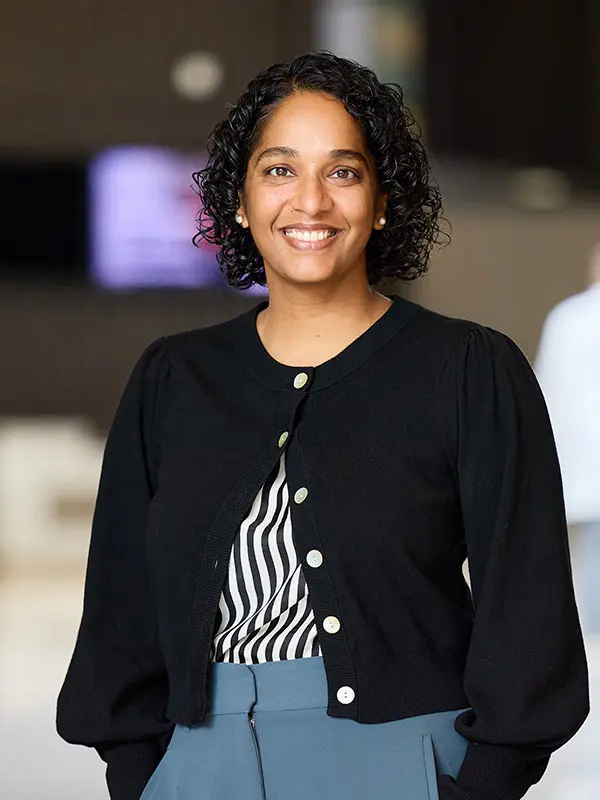
Mirna Mohanraj, MD
Program Director, Pulmonary and Critical Care Medicine Fellowship, Mount Sinai Morningside
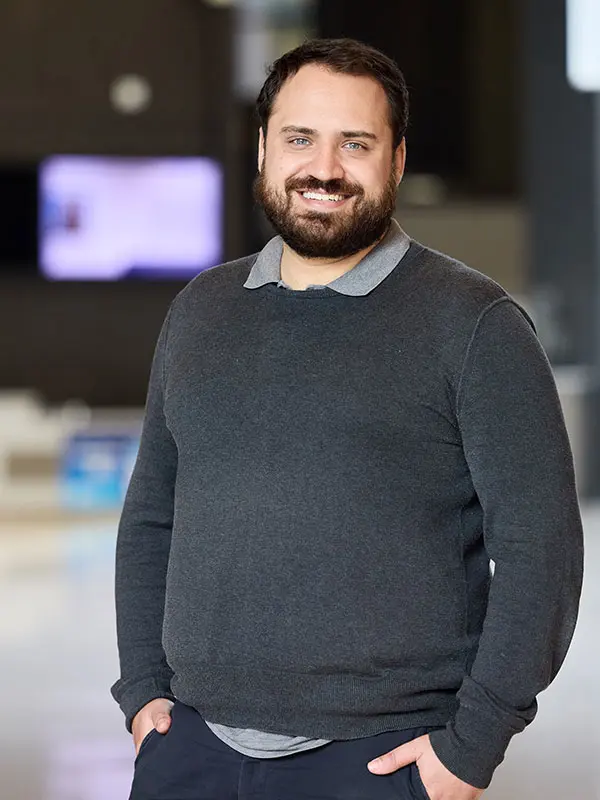
Brandon M. Veremis, DDS
Assistant Professor of Pathology, Molecular and Cell-Based Medicine
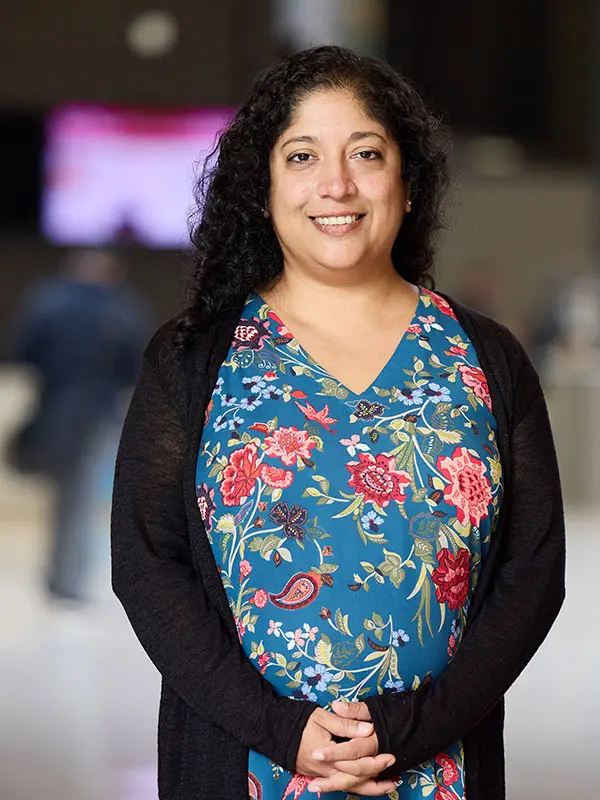
Paru Patrawalla, MD
Associate Professor of Medicine (Pulmonary, Critical Care and Sleep Medicine), and Medical Education
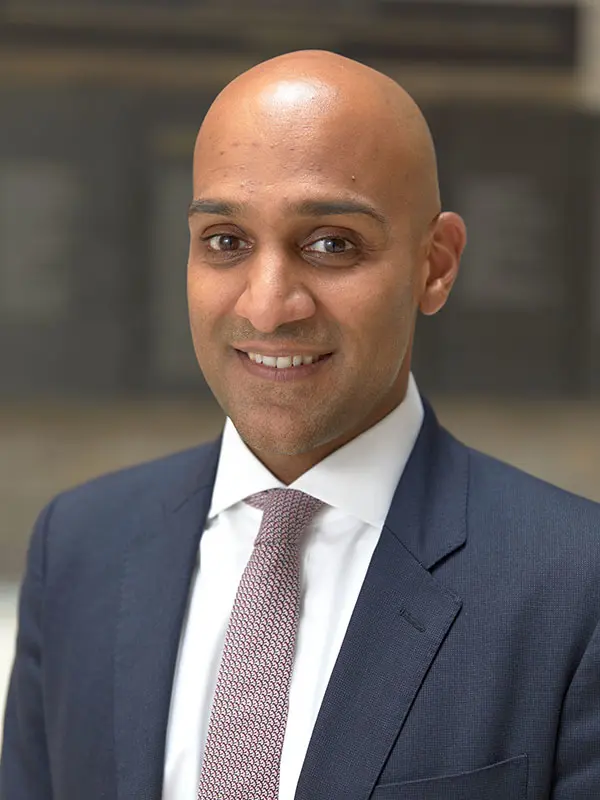
Brijen Shah, MD
Professor of Medicine (Gastroenterology), Medical Education, and Geriatrics and Palliative Medicine
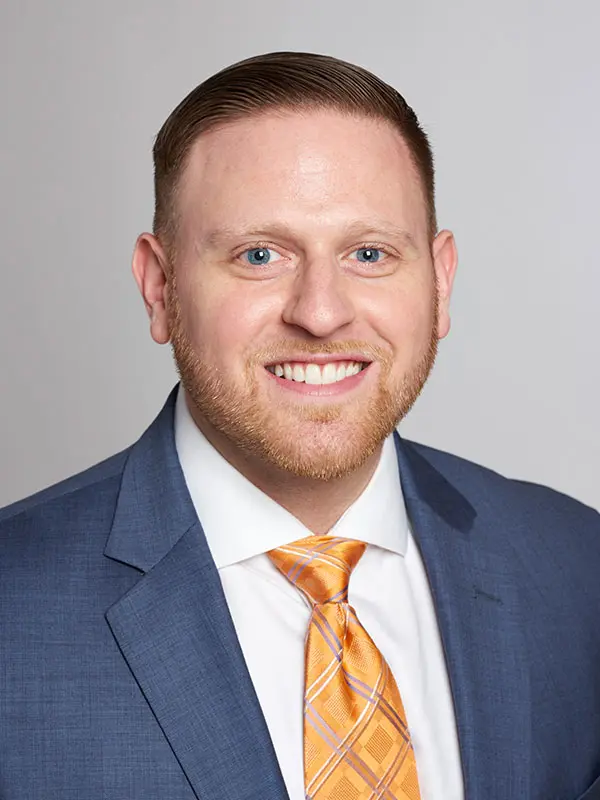
Alexander Davidovich, DO, MSc
Associate Professor of Medicine (Pulmonary, Critical Care and Sleep Medicine)
